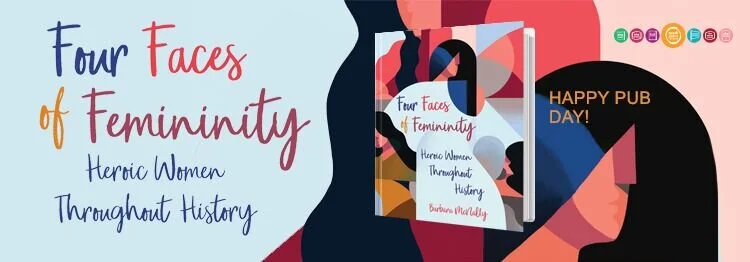A few weeks ago, I was lucky enough to attend aworkshop with bestselling author Elizabeth Gilbert on learning to live a creative life. In her iconic bestseller, Eat, Pray, Love, Gilbert explores how the traditional markers of success – marriage, money, a thriving career – don't always bring happiness, especially to artists and creators. My own life story had some similar themes, which I shared in my first book, Unbridled: A Memoir, and I was eager to learn from someone with whom I had so much in common.
But what Gilbert told and taught us surprised me.
I fully expected to hear her muse on muses, and offer some practical advice on kick-starting creative processes, but what I didn't expect was her honesty. Especially about results and reactions and the importance of letting go.
She talked about her life after Eat, Pray, Love, and how challenging it was to write again. Just think: You've written a runaway bestseller that virtually everyone in the known universe has read. Money and praise are pouring in, the movie deal is inked, and you are on every talk show in the nation. Your agent is dying to get a new manuscript from you … but you're terrified that you'll never write anything even remotely readable ever again! Some people might ride that wave of success, believing it was wholly deserved and utterly normal, and continue to crank out books secure in the belief that they'd succeed. But most of us mere mortals would be stricken with anxiety.
Gilbert also discussed this concept in her TED Talk, where she goes on to give some enlightening examples of how successful creatives have dealt with this upsetting roadblock. Most of them have learned to release some of the pressure they put on themselves by focusing on the process instead of the product. They've learned the hard way that there's no way to control how people react to your art and there's no foolproof formula for creative success. So you've just gotta put in the hours, work hard, do your best, pour your heart into your labors, and detach. Don't allow yourself to hope for or cherish any specific result. Create, release, breathe. Move on.
When I began writing my next book, Wounded Warrior, Wounded Wife – which will be released this coming fall – I tried to hold Gilbert's advice in my mind. The project was so important to me, and I was keenly aware that dozens of wives of wounded veterans had generously shared their stories with me. I wanted to make them proud, make sure their voices were finally heard, create a book that could change the world for the better. But when I focused on those ideas, it became hard to keep going. The worry would creep in and I'd get hung up on creating something that was “good enough” or “worthy” instead of being open and honest and allowing the book to unfold naturally. It was hard work, long work. But remembering what I'd learned, I showed up to do that work every day, poured my heart and soul into it, and did my best to focus on the process of creation instead of any future outcomes.
I'm so proud of Wounded Warrior, Wounded Wife, though I'll admit that now I'm a bit anxious again about how it may be received. But I'm confident that I wrote a book I can be proud of, and a book that compassionately and accurately represents these brave women. I created the book I wanted to create. Now I have to step back, release, breathe, and move on.
Even if you aren't in a creative profession, I think Gilbert's advice can still be absolutely life-changing. We live in a results-obsessed culture that often overlooks the value of process. And when it comes to our relationships, our work, our health, our families, our art, our very lives, we must learn to hold contradictions in our minds as we move forward. When we think about “creating a life we want,” we may think of marriage, money, a thriving career. But as Gilbert proved, those things may not matter. Happiness is elusive, but also specific: What makes you happy might make me miserable. Which means crafting a rewarding, fulfilling life is entirely up to each of us. The life we want may not involve marriage or money or a thriving career. It might just as easily be one in which we do everything with passion and enthusiasm, do our absolute best. whenever we can, and then release, breathe, and move on.
